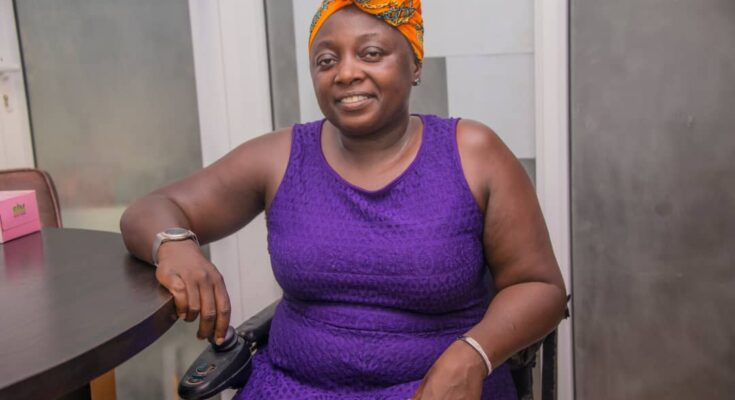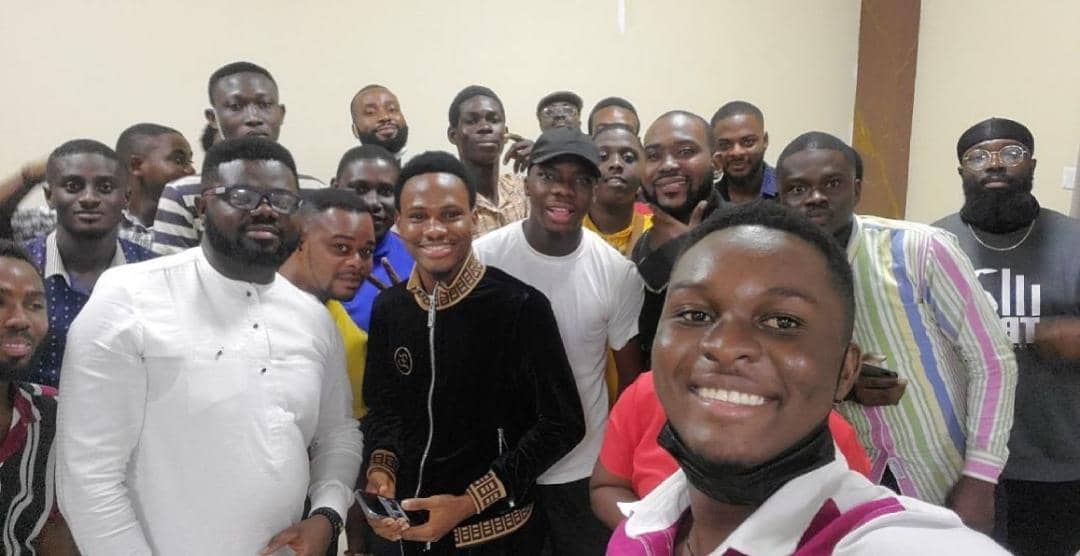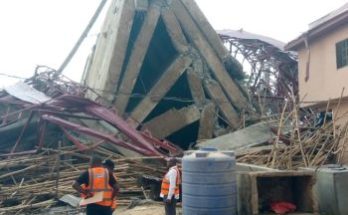In its effort to address the intersection of climate change and disability rights, the Network of Women with Disabilities, (NWD) has stressed the critical need for inclusive policies and legal frameworks that actively involve women with disabilities.
Its Executive-Director Lois Auta stated this Wednesday in Abuja during a one day stakeholders dialogue on integrating disability inclusion in climate change policies organized by the network with support from Disability Rights Fund.
The dialogue made a call to action for the government to foster inclusive policies and ensure active participation of people with disabilities in climate change initiatives.
According to Auta, climate change significantly impacts everyone, but women and girls with disabilities face unique challenges.
“For example, women with albinism are at a higher risk of skin cancer due to increased sun exposure. Additionally, during floods, individuals with disabilities struggle to evacuate, making them highly vulnerable,” she emphasized.
She therefore called on the government to implement measures and strategies to mitigate these impacts.
“Policies and legislations must ensure that people with disabilities are engaged in the planning and implementation processes of climate change initiatives. This inclusive approach will incorporate diverse perspectives and innovative solutions to cope with these challenges.
Similarly, Vice President of the Network of Women with Disabilities Rose Daniel, highlighted the acute vulnerabilities faced by women with disabilities due to climate change.
“Flooding, for instance, puts women with disabilities at severe risk as they cannot escape easily. The increasing heat due to ozone layer depletion also adversely affects people with albinism, causing skin cancer,” Daniel explained.
She advocated for government intervention in disaster-prone areas, suggesting early warning systems and prioritizing the evacuation of people with disabilities. “Accessible materials like wheelchairs and crutches should be provided, especially in rural areas, to ensure mobility and safety during disasters,” Daniel added.
Earlier, the Project Manager Samuel Kenneth Yeshim, while giving an overview of the importance of inclusivity in climate action and disaster management for women with disabilities said accessibility remains a significant issue, and awareness needs to be raised among stakeholders to address these concerns, stressing the importance of representation in policymaking.
“Women with disabilities are disproportionately affected by climate change. They should have a presence in global platforms and climate change steering committees.
“This representation will ensure their needs and rights are considered in climate change policies.




